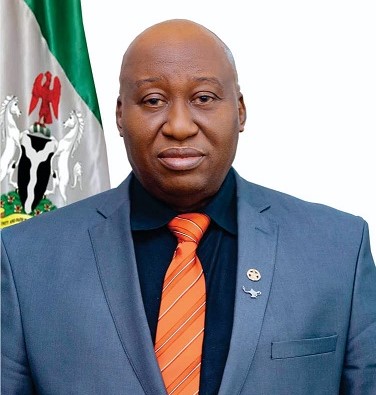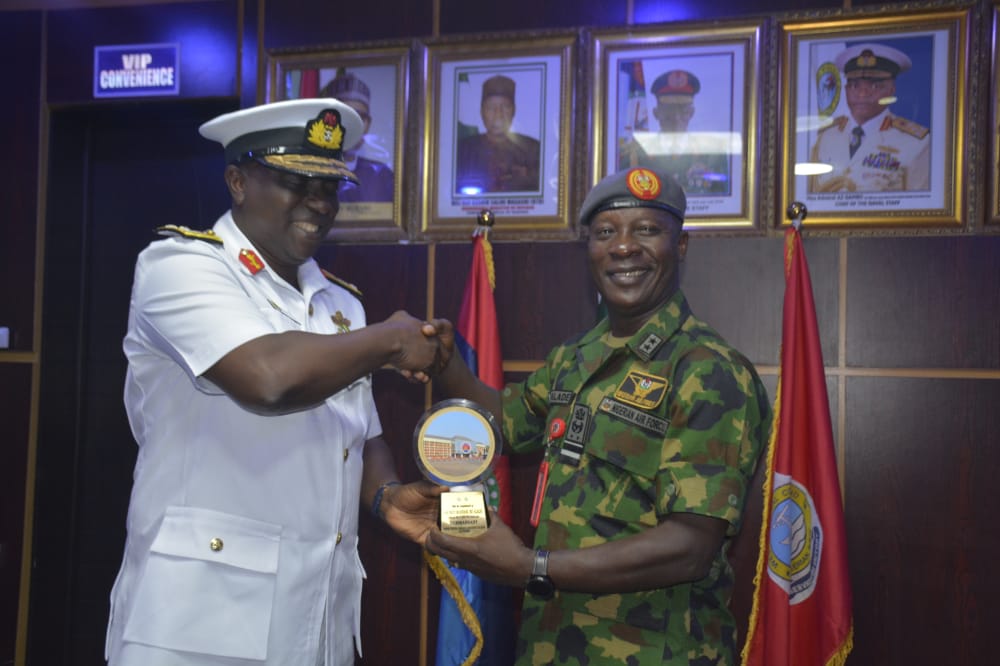The Maritime Academy of Nigeria in Oron , Akwa Ibom, will experience a new phase of advancement through new capacity building and more partnerships for development and international recognition.
Rector of the Academy, Commodore Duja Emmanuel Effedua(Rtd.) disclosed in an interview weekend that in his new plans for the Academy, more would be done to further improve the Faculty of the School of Marine Engineering.
“I will focus on the School of Marine Engineering because there is need for more improvement there, though it is better than I met it. For School of Nautical Sciences, and Maritime Transport, I will continue to consolidate on what we have,” Effedua said.
On a broader spectrum, the Rector said he also would encourage maritime training providers to come together for the purpose of sustained capacity building for Nigeria as a nation, even as he hopes to pursue more international recognition.
He added that: “We will consolidate our relationship with the World Maritime University and see how we can train more of our people to have opportunities there for training in relevant areas as it concerns our respective faculties within the Academy.
“We will train our lawyers more; sponsor them to Malta for training in maritime law. But anybody going on any course must sign a bond with us.”
On the issue of getting seatime training for cadets of the Academy, the Rector expressed hope that the next amendment to the Manila Convention on power rating for some vessels could give greater opportunity for the cadets to get seatime training easily.
He said: “The seatime issue has been resolved by many countries; before it used to be 750 kW for power rating for ships, which is becoming mandatory, which is why we have the high voltage training simulator that is available in the academy.
“Now that America, Australia and Canada use 100 kW as power rating for vessels and even fishing trawlers, which was not there before now, it is believed that the next amendment to the Manila Convention would adopt these measures.
“And in Nigeria alone, we have a lot of fishing trawlers and vessels that are over that power rating because the Seafarers Training, Certification and Watch-keeping (STCW) is talking of minimum standards not maximum standards.
“Maybe then, our local fleets would be able to be used for seatime and if the Ship Owners Association of Nigeria (SOAN) gets their act together, we can continue the efforts for partnership in that regard. However, it is suspended until we can resolve the issue of refunds to be made from a training that couldn’t take place after payment was made.”
According to the Rector, the Academy concentrated on infrastructure development and subsequently procurement of requisite equipment for training, because prior to his administration, some equipment purchased rot away in their crates as there was no place to put them for use.
He said: “Everything an academy should have, we have. If there were structures there before I came, we wouldn’t be looking for where to put simulators.
“It had happened before when NIMASA and the Academy bought simulators and they were in containers until they got expired because there was no plan for where to keep the things when they would be brought. That was why the equipment rot where they were without being used.
“Internationally we are recognised and people are happy with us; if the IMO is happy with us and the maritime stakeholders too, that is good.”
The Academy is however hopeful for improved funding timeframes to enable prompt execution of its development plans.


































































